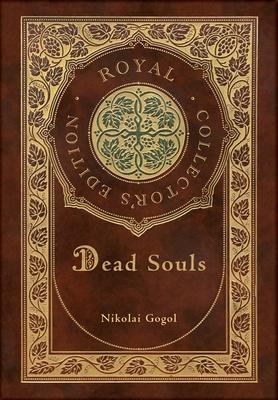Chichikov, a middle-aged gentleman of middling social class and means arrives in a small town and turns on the charm to woo key local officials and landowners. He reveals little about his past, or his purpose, as he sets about carrying out his bizarre and mysterious plan to acquire "dead souls." When rumors flare up about his ideas, Chichikov flees to another part of Russia and attempts to continue his venture. Again he goes from estate to estate, encountering eccentric and absurd characters all along the way.
In the Russian Empire, before 1861, landowners had the right to own serfs to farm their land. Landowners could buy, sell or mortgage them, as any other chattel. To count serfs (and people in general), the classifier "soul" was used: e.g., "six souls of serfs." The plot of the novel relies on "dead souls" (i.e., "dead serfs") which are still accounted for in property registers. On another level, the title refers to the "dead souls" of Gogol's characters, all of which represent different aspects of poshlost, a Russian word that means petty evil, vulgarity, or obscenity and bad taste.
This case laminate collector's edition includes a Victorian inspired dust-jacket.
